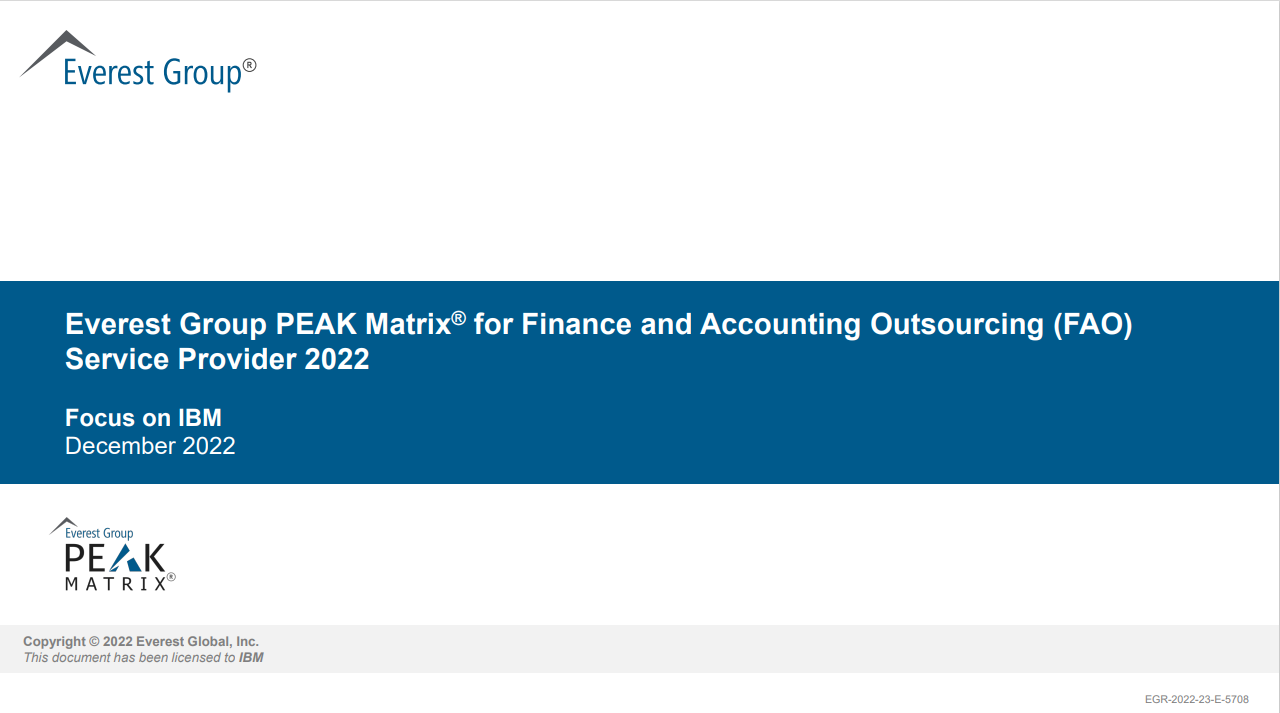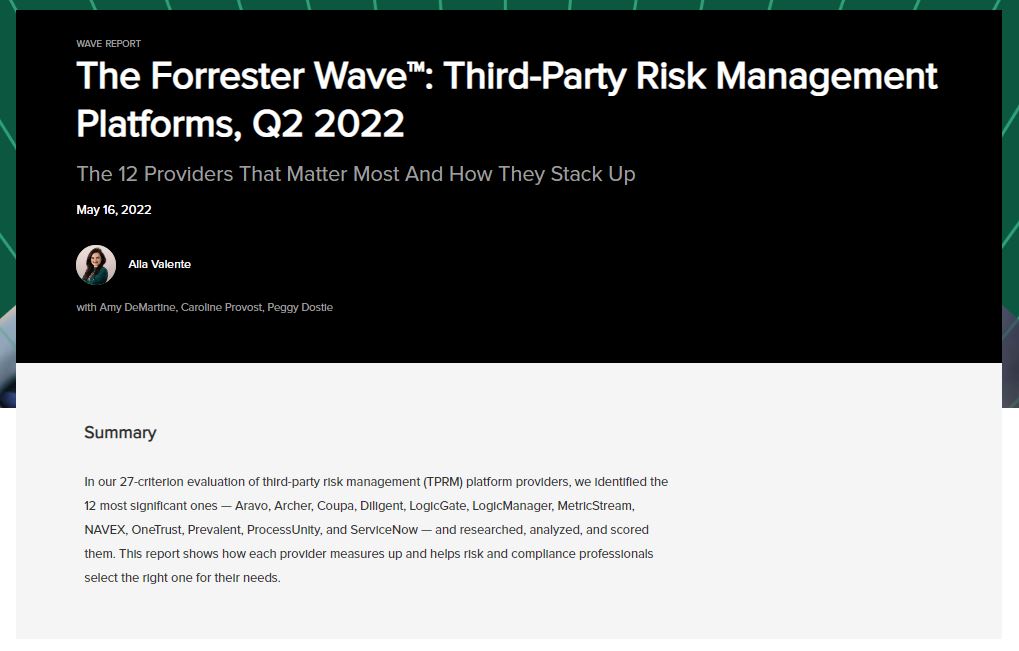How to survive when your suppliers go bust
With the recession continuing to decrease the stability of outsourcing firms and other suppliers, enterprises should make sure they are prepared for any risks resulting from a collapse.

He said a contract therefore had to be strictly managed to provide a client with levers for renegotiation, with firms not sitting on problems over a long period. "If it comes to a court case any court will just say 'tough' if you have just sat back and not done anything about a problem."
Evaluate risk
Mark Raphael, a managing consultant at PA Consulting Group, said firms should be proactive about evaluating the risks faced by their supplier portfolio and draw up an "at risk" list that can be considered for further action to protect the company.
"There needs to be an independent evaluation rather than one that gathers information from the suppliers," Raphael said. "A supplier will always give a 'good news' spin on financial problems. Once the evaluation is made, a realistic list of 'at risk' suppliers can be established and these become the focus for more detailed planning."
For these suppliers, said Raphael, the key actions that a buyer needs to take are reviewing the contract and understanding what the small print says about the supplier ceasing to trade or changing ownership.
They have to get the legal department involved early to consider issues such as ownership of assets and intellectual property rights (IPR).
Plan B
Get the ITPro daily newsletter
Sign up today and you will receive a free copy of our Future Focus 2025 report - the leading guidance on AI, cybersecurity and other IT challenges as per 700+ senior executives
They also have to develop a 'Plan B' for each of the "at risk" suppliers' services. This could involve moving the service to another current supplier, finding a new supplier or bringing it in-house.
Critical factors here are a judgement of how "portable" the service is and how much unique intellectual capital rests with that supplier.
-
 Asus ZenScreen Fold OLED MQ17QH review
Asus ZenScreen Fold OLED MQ17QH reviewReviews A stunning foldable 17.3in OLED display – but it's too expensive to be anything more than a thrilling tech demo
By Sasha Muller
-
 How the UK MoJ achieved secure networks for prisons and offices with Palo Alto Networks
How the UK MoJ achieved secure networks for prisons and offices with Palo Alto NetworksCase study Adopting zero trust is a necessity when your own users are trying to launch cyber attacks
By Rory Bathgate
-
 Magic quadrant for finance and accounting business process outsourcing 2024
Magic quadrant for finance and accounting business process outsourcing 2024whitepaper Evaluate BPO providers’ ability to reduce costs
By ITPro
-
 Capita CEO to be replaced by AWS exec
Capita CEO to be replaced by AWS execNews Jon Lewis is leaving Capita after more than five years
By Richard Speed
-
 What the US-China chip war means for the tech industry
What the US-China chip war means for the tech industryIn-depth With China and the West at loggerheads over semiconductors, how will this conflict reshape the tech supply chain?
By James O'Malley
-
 Everest Group PEAK Matrix® for Finance and Accounting Outsourcing (FAO) service providers 2022
Everest Group PEAK Matrix® for Finance and Accounting Outsourcing (FAO) service providers 2022Whitepaper Understanding and assessing FAO service providers based on their vision & capabilities and impact on the FAO market
By ITPro
-
 The Forrester Wave™: Third party risk management platforms
The Forrester Wave™: Third party risk management platformsWhitepaper The 12 providers that matter the most and how they stack up
By ITPro
-
 Apple to shift MacBook production to Vietnam in further step away from China
Apple to shift MacBook production to Vietnam in further step away from ChinaNews The plan has been reportedly been worked on for two years, with the tech giant already having a test production site in the country
By Zach Marzouk
-
 Food and beverage traceability
Food and beverage traceabilityWhitepaper Understanding food and beverage manufacturing compliance and traceability
By ITPro
-
 Ensuring compliance with the National Bioengineered Food Disclosure Standard (NBFDS)
Ensuring compliance with the National Bioengineered Food Disclosure Standard (NBFDS)Whitepaper How food manufacturers can enhance traceability with technology to be compliant
By ITPro